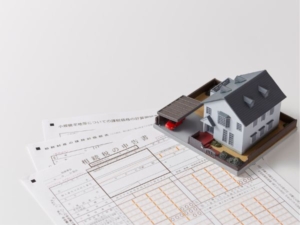How To Place A Lien On A House In Tampa, FL
Learn the step-by-step process for placing a lien on a house in Tampa, FL. This comprehensive guide is perfect for homeowners and real estate professionals seeking detailed insights into legal requirements, documentation, and strategies to protect their financial interests.

 Florida has specific rules for house lien issuance. These constraints safeguard the property owner and lien seeker. Tampa homeowners and real estate salespeople must know these laws. Florida law allows liens to allow creditors to seize a debtor’s property if they don’t pay. Contractors and suppliers can file a mechanics lien to get compensated for labor and supplies during building or remodeling projects.
Florida has specific rules for house lien issuance. These constraints safeguard the property owner and lien seeker. Tampa homeowners and real estate salespeople must know these laws. Florida law allows liens to allow creditors to seize a debtor’s property if they don’t pay. Contractors and suppliers can file a mechanics lien to get compensated for labor and supplies during building or remodeling projects. Liens can effect Tampa, FL real estate deals for homeowners and brokers. A property lien complicates title searches and delays closings, making it difficult to sell. People don’t want to buy a house with a lien since they may have to pay it. You must fix any lien concerns before
Liens can effect Tampa, FL real estate deals for homeowners and brokers. A property lien complicates title searches and delays closings, making it difficult to sell. People don’t want to buy a house with a lien since they may have to pay it. You must fix any lien concerns before  Tampa homeowners and real estate brokers must be proactive to preserve their interests and avoid property liens. The property must also pay taxes, mortgages, and contractors on time. Informing contractors and service providers will prevent disputes that could result in property liens. Do your research before buying a home. Title searches reveal hidden liens on property.
Tampa homeowners and real estate brokers must be proactive to preserve their interests and avoid property liens. The property must also pay taxes, mortgages, and contractors on time. Informing contractors and service providers will prevent disputes that could result in property liens. Do your research before buying a home. Title searches reveal hidden liens on property.
![Cash House Buyer in [market_city]](https://homeoptions.us/wp-content/uploads/2025/07/Justing-Setzer.png)